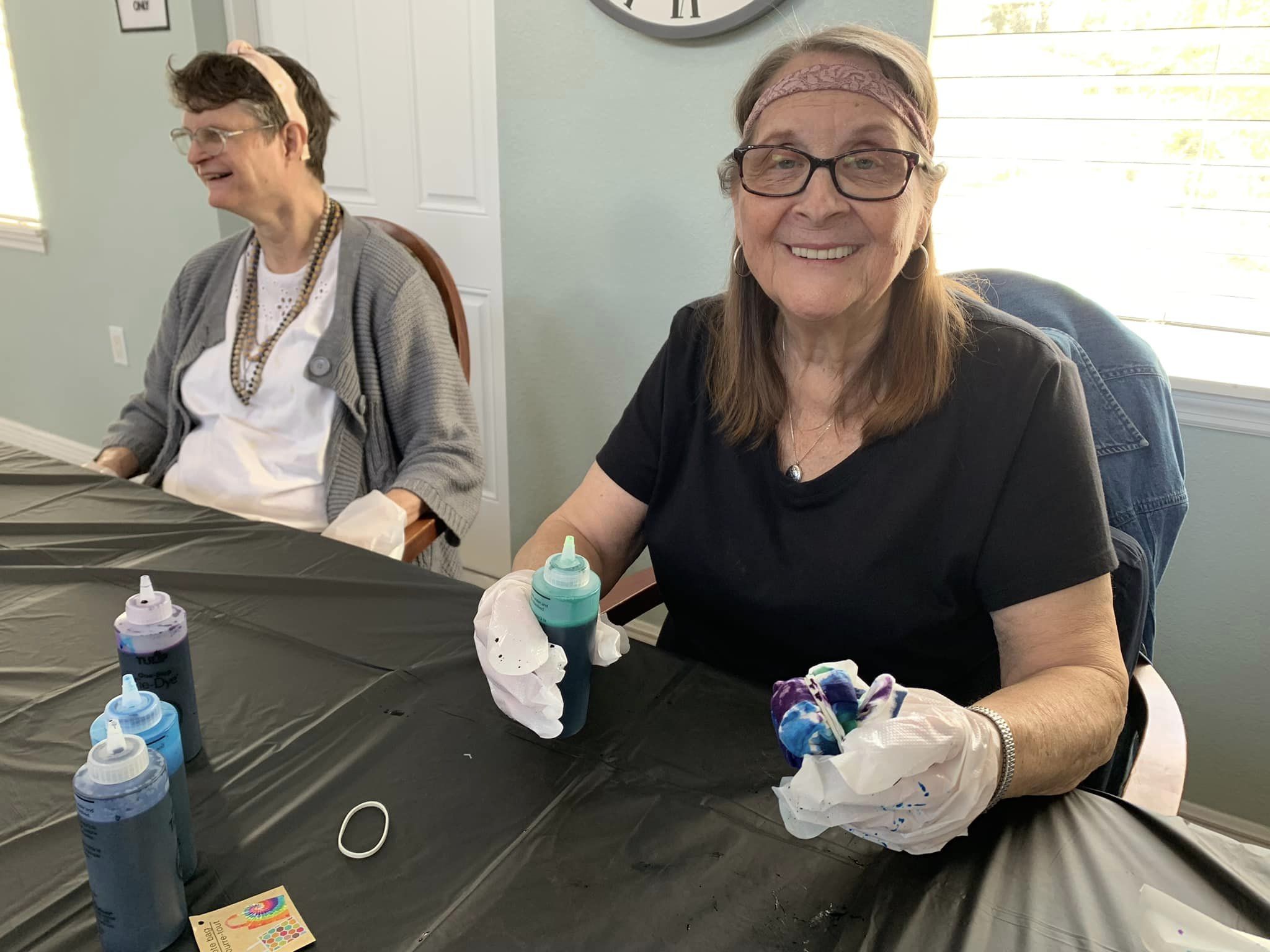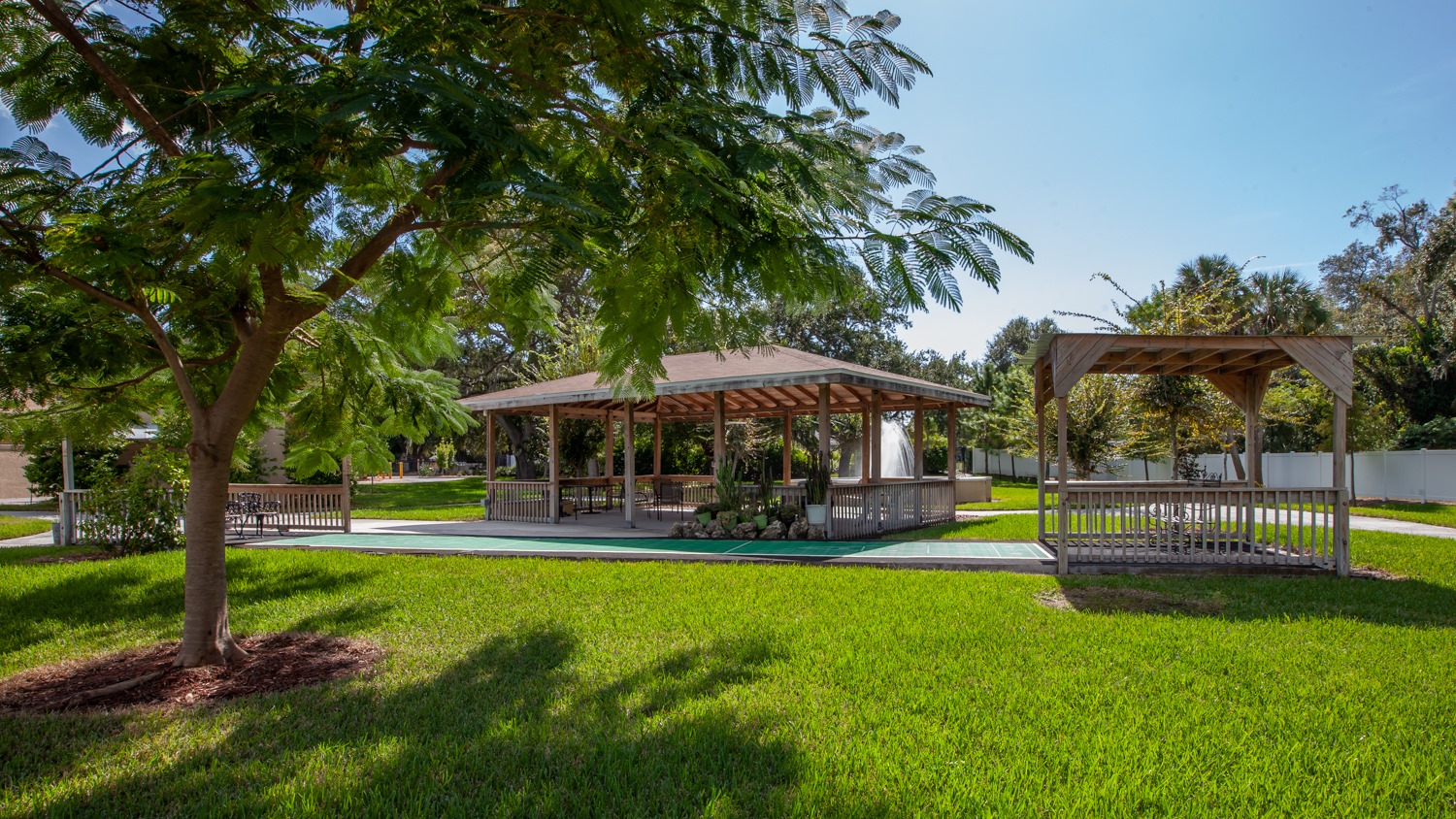Picture this: a world where your loved ones receive top-tier memory care without breaking the bank. It’s a realm where financial worries don’t overshadow the peace and well-being of your family. In this guide, we unveil the blueprint to access premier memory care without compromise. Say goodbye to the strain of uncertainty and embrace practical financial tips that will empower your family to navigate the path to exceptional memory care services. Let’s embark on this journey towards affordable excellence.

Why is High-Quality Memory Care So Crucial?
Exceptional memory care plays a pivotal role in enhancing the quality of life for individuals living with cognitive impairments such as Alzheimer’s or dementia. In this section, we will delve into the significance of high-quality memory care and why it should be a top priority for families seeking the best support for their loved ones.
- Elevating Quality of Life: High-quality memory care is designed to provide personalized, compassionate, and specialized support to individuals with cognitive conditions. This level of care helps enhance their overall well-being, ensuring they can lead fulfilling lives despite their challenges.
- Safety and Security: Memory care communities prioritize safety and security. This includes secure environments, trained staff, and innovative technologies to monitor residents, reducing the risk of accidents and wandering.
- Specialized Care: Premier memory care facilities employ trained professionals who understand the unique needs of residents. They tailor care plans, therapies, and activities to cater to cognitive impairments, promoting mental and emotional well-being.
- Engaging Activities: High-quality memory care communities offer a variety of engaging activities and programs specifically designed to stimulate memory, creativity, and social interaction. These activities help residents maintain cognitive functions and enjoy a sense of purpose.
- Support for Families: Families face numerous challenges when caring for loved ones with cognitive impairments. Premier memory care communities provide respite for family caregivers and offer educational resources, support groups, and guidance to help families navigate the complexities of memory-related conditions.
What challenges do families face in accessing premier memory care?
Accessing premier memory care can be a complex journey for families. In this section, we will explore some of the common challenges they encounter when seeking high-quality memory care for their loved ones:
- Financial Hurdles: The cost of premier memory care can be substantial. Families often struggle to find affordable options that don’t compromise the quality of care.
- Limited Availability: Premier memory care communities may have limited availability, and families may face waiting lists or a lack of suitable facilities in their desired location.
- Emotional Decisions: Making the decision to transition a loved one into memory care can be emotionally challenging. Families must navigate the delicate balance between their loved one’s needs and the resources available.
- Evaluating Quality: Assessing the quality of memory care facilities can be overwhelming. Families must conduct research, visit communities, and evaluate the level of care and services provided.
- Navigating Insurance: Understanding insurance coverage and how it applies to memory care can be confusing. Families often need guidance to ensure they utilize available benefits effectively.
By addressing these challenges and emphasizing the importance of high-quality memory care, families can make informed decisions and provide the best possible care for their loved ones.
Are You Prepared? Financial Planning for Future Care
Financial planning for future memory care is a critical step that demands thoughtful consideration and strategic action. In this section, we will provide a comprehensive guide on how to prepare financially for the care your loved one deserves.
Step 1: Assess Your Current Financial Situation
Begin by evaluating your current financial status. Take stock of your income, savings, investments, and any existing insurance policies. This assessment will serve as the foundation for your future financial planning.
Step 2: Determine Future Memory Care Costs
Research the memory care facilities in your desired location to understand the anticipated costs. Consider factors like the level of care required, the facility’s reputation, and its amenities. Create a budget that encompasses both monthly fees and potential future increases in memory care costs.
Step 3: Review Existing Insurance Policies
Examine your existing insurance policies, including health insurance and long-term care insurance. Understand the coverage and limitations of these policies and ensure they align with your memory care needs. If you lack long-term care insurance, explore the possibility of obtaining it.
Step 4: Create an Emergency Fund
Establishing an emergency fund specifically designated for long-term care can provide peace of mind. This fund should be separate from your regular savings and be easily accessible in the event of an unexpected memory care requirement.
Step 5: Explore Government Assistance Programs
Research government programs that may provide financial assistance for memory care, such as Medicaid or Veterans Affairs benefits. Understand the eligibility criteria and application processes for these programs.
Step 6: Seek Professional Financial Advice
Consult with a financial advisor who specializes in long-term care planning. They can provide valuable insights, help you make informed decisions, and create a customized financial plan tailored to your unique circumstances.
Step 7: Update Legal Documents
Ensure that your legal documents, such as wills, trusts, and powers of attorney, align with your memory care planning. Address any necessary legal arrangements to guarantee a smooth transition of assets and responsibilities.
Step 8: Monitor and Adjust Your Plan
Regularly review your financial plan to accommodate changing circumstances or evolving memory care needs. Be prepared to adjust your budget, savings, and insurance coverage as necessary.

Is creating an emergency fund for long-term care a necessity?
Yes, creating an emergency fund for long-term care is not just a necessity; it’s a prudent financial decision. Consider this scenario: if your loved one suddenly requires memory care, having a dedicated fund can help cover immediate expenses while you work on securing additional funding or government assistance.
For example, let’s say your mother, who has been diagnosed with Alzheimer’s disease, experiences a sudden decline in her cognitive abilities, and it becomes evident that she needs memory care sooner than expected. In this situation, your emergency fund can bridge the financial gap and ensure she receives the care she needs promptly.
What Defines a Premier Memory Care Facility?
Understanding the defining qualities of a top-tier memory care facility is crucial when making financial decisions about your loved one’s care. Here, we’ll explore the essential factors to consider when identifying premier memory care facilities and how they impact both costs and services.
Recognizing Premier Memory Care Facilities
Premier memory care facilities share several distinctive characteristics that set them apart from others. These key attributes include:
- Specialized Expertise: Staff members are trained and experienced in dementia and Alzheimer’s care, ensuring they can effectively address the unique needs of residents with memory-related conditions.
- Person-Centered Care: Premier facilities focus on individualized care plans that cater to each resident’s specific needs, preferences, and abilities. They prioritize preserving residents’ independence and dignity.
- Comprehensive Services: These facilities offer a wide range of services, from assistance with activities of daily living (ADLs) to medication management, all designed to enhance residents’ quality of life.
- Engaging Activities: Premier memory care facilities provide a diverse and stimulating activity schedule, including memory-enhancing programs and social interactions to keep residents mentally and emotionally engaged.
- Safety and Security: Residents’ safety is a top priority, with secure and monitored environments to prevent wandering and ensure their well-being.
- Quality Dining: A focus on nutritious and delicious dining options tailored to residents’ needs is another hallmark of top-tier memory care.
Assessing Costs and Services
When assessing the costs and services of premier memory care facilities, it’s important to consider the following factors:
- Initial Costs: Understand the upfront costs associated with moving into the facility, including admission fees and security deposits.
- Monthly Fees: Determine the monthly fees for memory care services. These fees can vary based on factors like the level of care required, room type, and location.
- Additional Costs: Be aware of any additional charges for specialized services, such as medication management, transportation, or particular activities.
- Contracts and Agreements: Carefully review the terms of the contract, including any termination policies and potential increases in fees over time.
- Financial Assistance: Investigate if there are any financial aid options, government programs, or veterans’ benefits available to help offset the costs of memory care.
As an example, The Goldton at St. Petersburg offers premier memory care services, focusing on specialized dementia and Alzheimer’s care. They feature a SPIRIT Memory Care Program designed to enhance each resident’s life with individuality, consistency, and comfort. The community’s dedication to preserving the past, cherishing the present, and embracing the future, combined with a strong focus on residents’ well-being, demonstrates the qualities of a premier memory care facility.
By understanding these defining factors, you can make informed financial decisions to provide your loved one with the high-quality memory care they deserve.
How to Balance the Books: Savings and Cost Management
Balancing the books when it comes to memory care expenses is crucial for ensuring your loved one receives quality care without compromising your financial stability. Let’s explore effective strategies to manage costs while maintaining high-quality care:
- Financial Planning and Budgeting:
- Create a Care Budget: Develop a detailed budget that outlines your loved one’s care-related expenses, including monthly fees, medications, and any additional services.
- Emergency Fund: Consider setting up an emergency fund specifically for long-term care expenses, providing a financial safety net for unexpected costs.
- Assess Financial Resources:
- Evaluate Insurance Coverage: Understand your loved one’s insurance policies, including long-term care insurance, Medicare, and Medicaid, to determine the extent of coverage and eligibility.
- Available Benefits: Explore any veterans’ benefits, social security, or other financial aid programs that may help alleviate costs.
- Downsize and Streamline:
- Rightsizing: Evaluate your loved one’s living situation and consider downsizing or relocating to a more affordable place while maintaining the necessary level of care.
- Selling Assets: Assess whether selling assets, such as a property or a vehicle, can help free up financial resources for memory care.
- Seek Tax Deductions and Credits:
- Medical Expense Deduction: Understand the tax benefits related to medical expenses, as some memory care costs may be deductible.
- Caregiver Tax Credits: Determine if you qualify for any caregiver tax credits, which can reduce your overall tax liability.
- Explore Assistance Programs:
- Non-Profit Organizations: Some non-profit organizations offer financial assistance and grants to families facing memory care expenses.
- State Programs: Investigate state-specific programs that may provide financial aid for memory care services.
- Supportive Communities:
- Family and Friends: Establish a support network by discussing your financial concerns with family members and close friends who may be willing to help cover some costs.
- Support Groups: Join support groups or forums where you can connect with others facing similar financial challenges. They can provide valuable insights and advice.
- Negotiate and Review Costs:
- Negotiate with Providers: Don’t hesitate to negotiate fees or ask about discounts with memory care facilities. Sometimes, providers are open to working with families to find suitable financial arrangements.
- Regular Cost Reviews: Continually review your loved one’s care plan and expenses to ensure that they align with your budget.
By implementing these strategies, you can effectively manage memory care costs and make the most of your available financial resources. For example, creating a comprehensive budget tailored to your loved one’s needs and considering financial assistance programs can significantly reduce the financial burden while ensuring top-tier care.

Family Unity and Emotional Resilience
Caring for a loved one with memory loss can be emotionally challenging. It’s essential to maintain family unity and emotional resilience to provide the best care and support. Here are some strategies and tips for maintaining emotional balance throughout this journey:
Open Family Discussions:
“In dealing with memory care, it’s vital for the entire family to come together and have open, honest discussions. This is not just a medical issue; it’s a family matter.” – Dr. Sarah Rodriguez, Geriatric Specialist.
- Regular Family Meetings: Schedule regular family meetings to discuss your loved one’s care, share responsibilities, and make decisions collectively.
- Set Clear Roles: Assign specific roles to family members based on their strengths and availability. For example, one family member may handle medical appointments, while another is responsible for managing finances.
- Consult Expert Advice: Seek guidance from professionals like geriatric care managers, therapists, or social workers to mediate discussions and provide expert insights.
- Share Information: Keep everyone informed about your loved one’s condition, medical updates, and care plan.
Emotional Resilience Strategies:
“Emotional resilience is about adapting to stress and coping effectively. This journey requires resilience, and it’s crucial for your well-being and your loved one’s.” – Dr. John Turner, Clinical Psychologist.
Self-Care is Essential:
- Prioritize self-care, including regular exercise, a balanced diet, and sufficient sleep.
- Make time for your hobbies and interests to recharge your emotional reserves.
Create a Support System:
- Reach out to support groups, either in-person or online, where you can connect with others facing similar challenges.
- Maintain social connections with friends who understand and empathize with your situation.
Seek Professional Help:
- Don’t hesitate to consult a therapist or counselor to work through your emotions and develop effective coping strategies.
- Consider support from a life coach who specializes in helping caregivers maintain emotional health.
Practice Mindfulness:
- Mindfulness meditation and deep-breathing exercises can help reduce stress and anxiety.
- Focus on the present moment to prevent excessive worry about the future.
Celebrate Small Wins:
- Acknowledge and celebrate small achievements and moments of clarity your loved one may experience.
- Maintaining a positive outlook can boost emotional resilience.
Tips for Family Unity:
- Create a shared document for family members to communicate and update each other.
- Be patient with one another; different family members may have varying emotional responses.
- Listen actively during family discussions, allowing each person to express their feelings.
- Show appreciation and support for your family’s contributions to caregiving.
- Keep your loved one’s best interests at the forefront of all discussions and decisions.
By fostering open family discussions and practicing emotional resilience strategies, you can maintain family unity and provide the best care for your loved one. Remember, you’re not alone in this journey, and the support of your family and professionals can make a significant difference.

